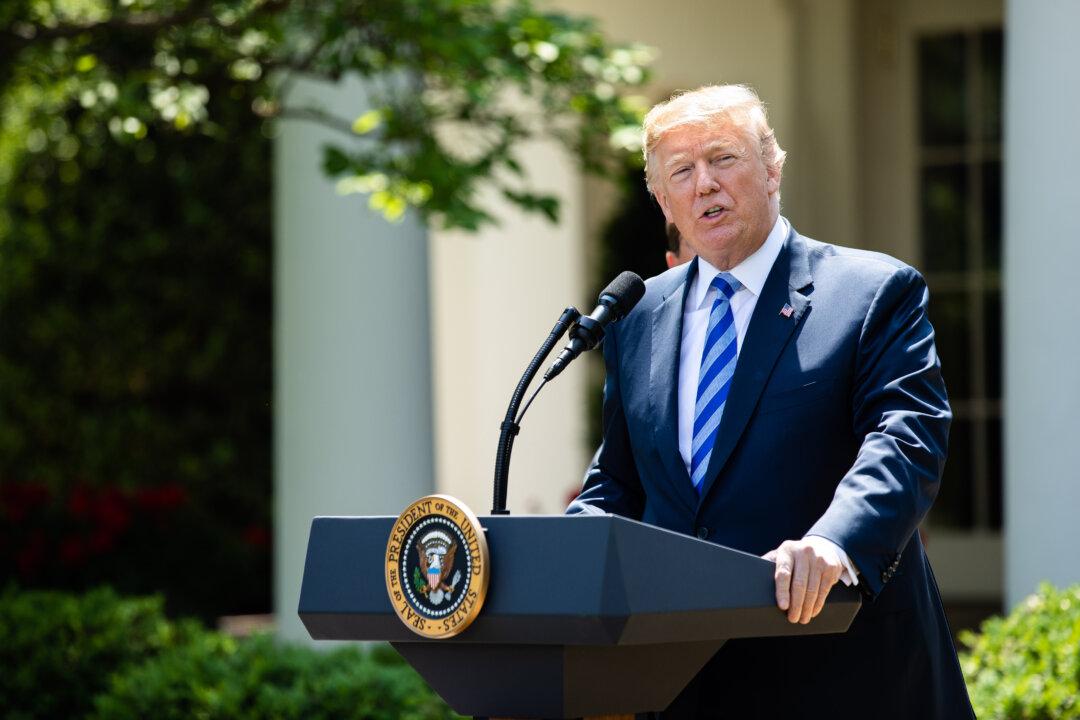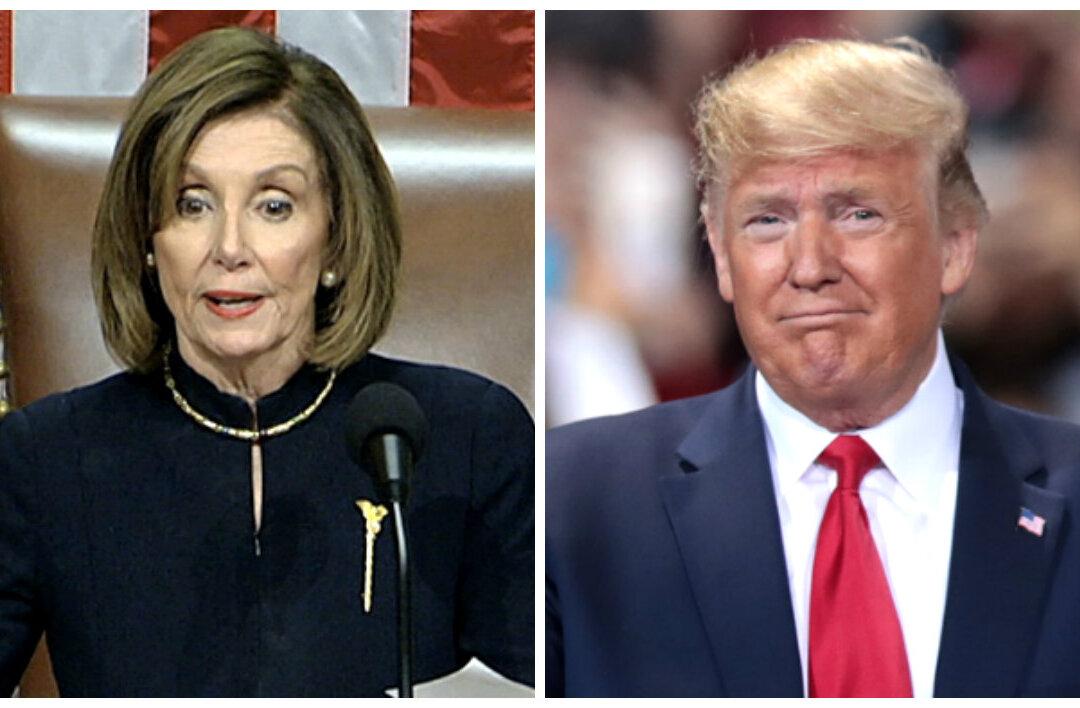The Trump administration is using competition to drive down drug prices for a portion of Medicare patients by giving insurers and pharmacy-benefit managers the ability to negotiate prices for more types of drugs.
The change would apply to seniors who are on Medicare Advantage, which uses private insurers to cover an estimated 20 million Medicare members, the administration announced on Aug. 7.






